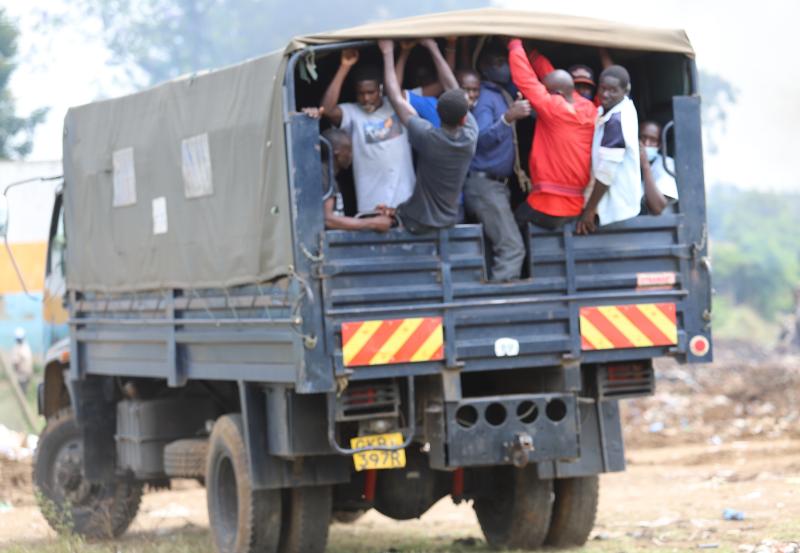
The situation is bad and Kenyans are very angry and many are hungry. It is their right to be angry at the government because there is a feeling it dropped the coronavirus ball and did not do enough to curb its spread. But did it drop the ball? Yes.
And did Kenyans pick up the ball? No. They kicked it around. They declined to listen to their inner voices even when they knew that the people they voted for have one job description: letting them down. It has been a year and several days since the first case of coronavirus was reported here. On that day in March 2020, there was gloom all over. Ironically, there was hope too. Kenyans were shaken; they were afraid because they did not know how they were going to protect themselves. The government too might have been shaken, but it sounded strong. And gave Kenyans hope. It made Kenyans hopeful — only that they were hoping against hope.